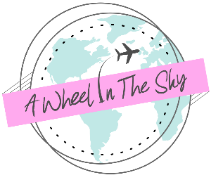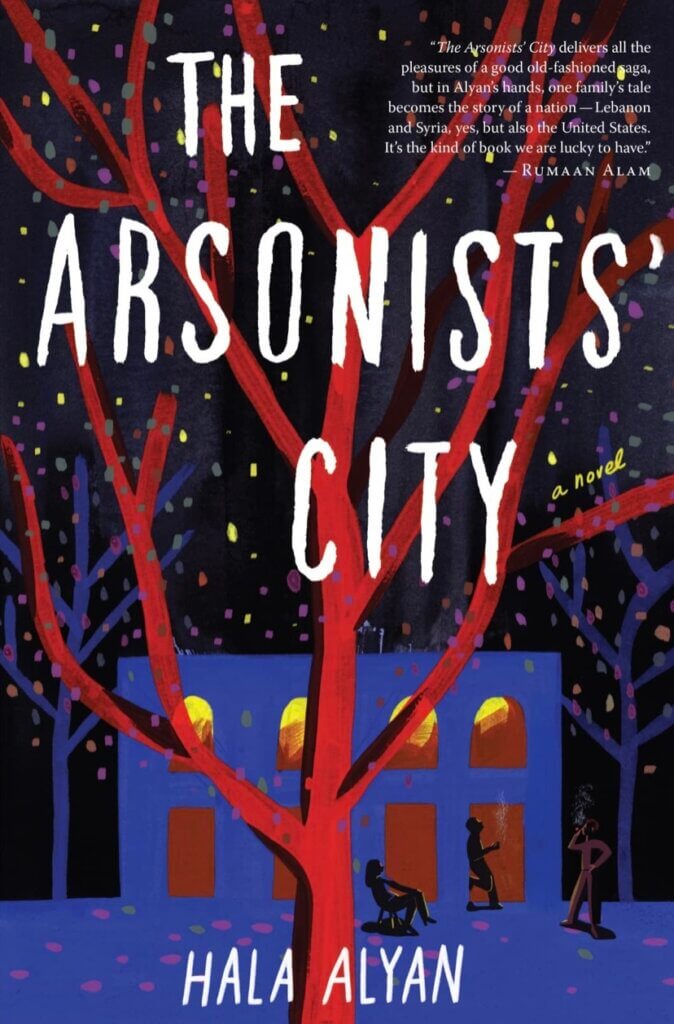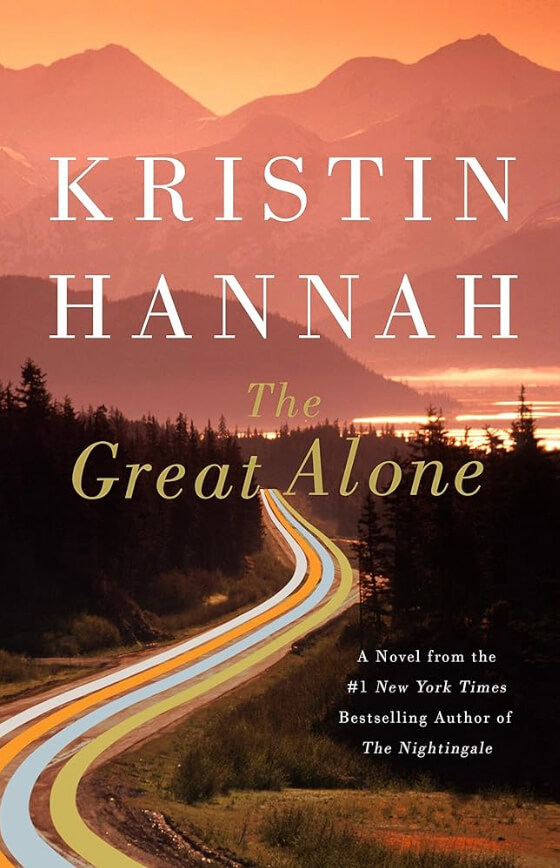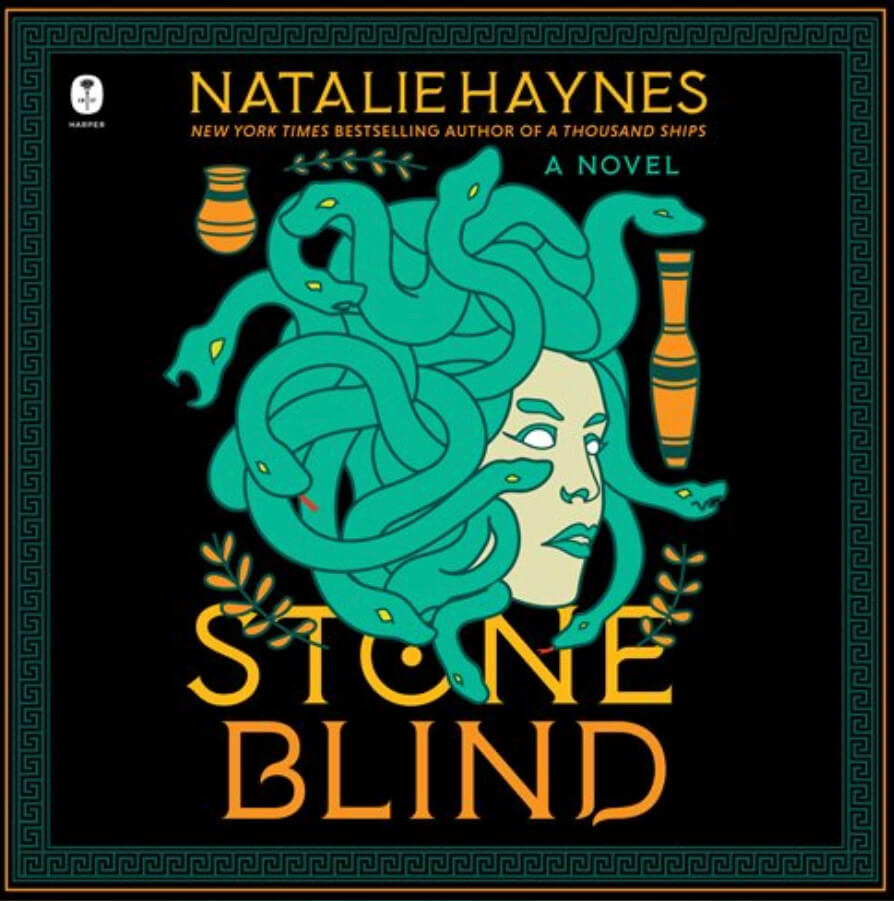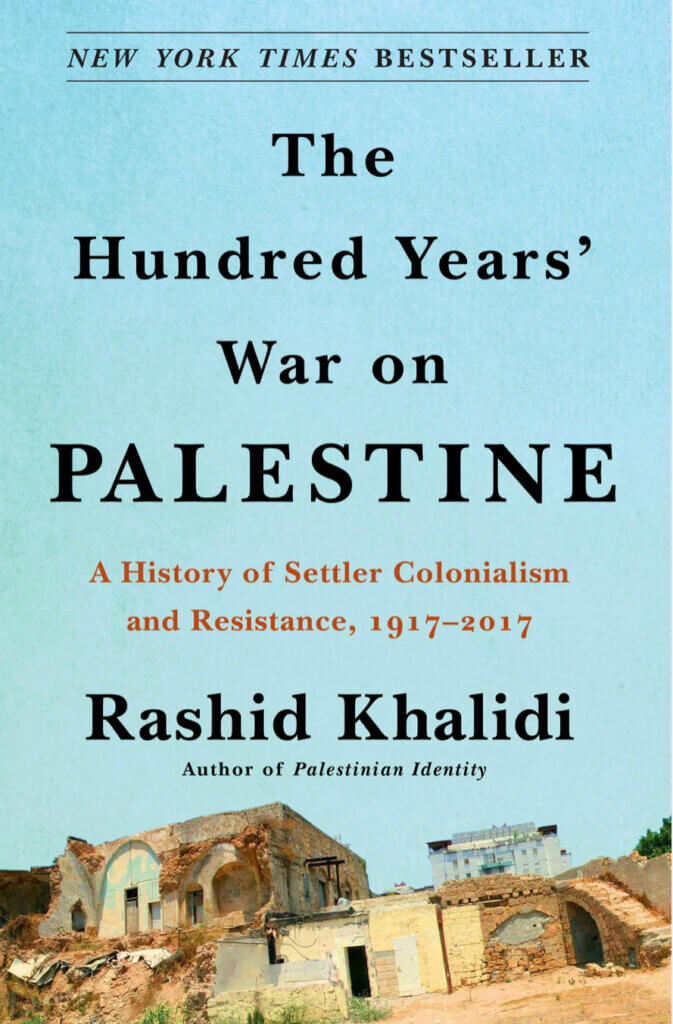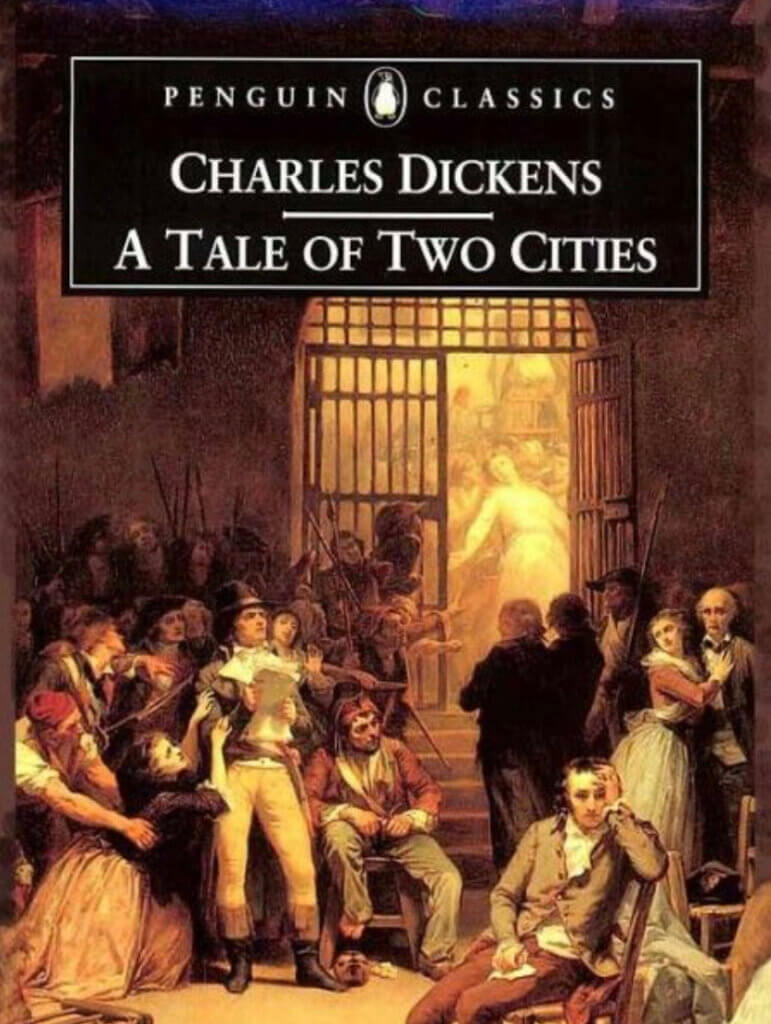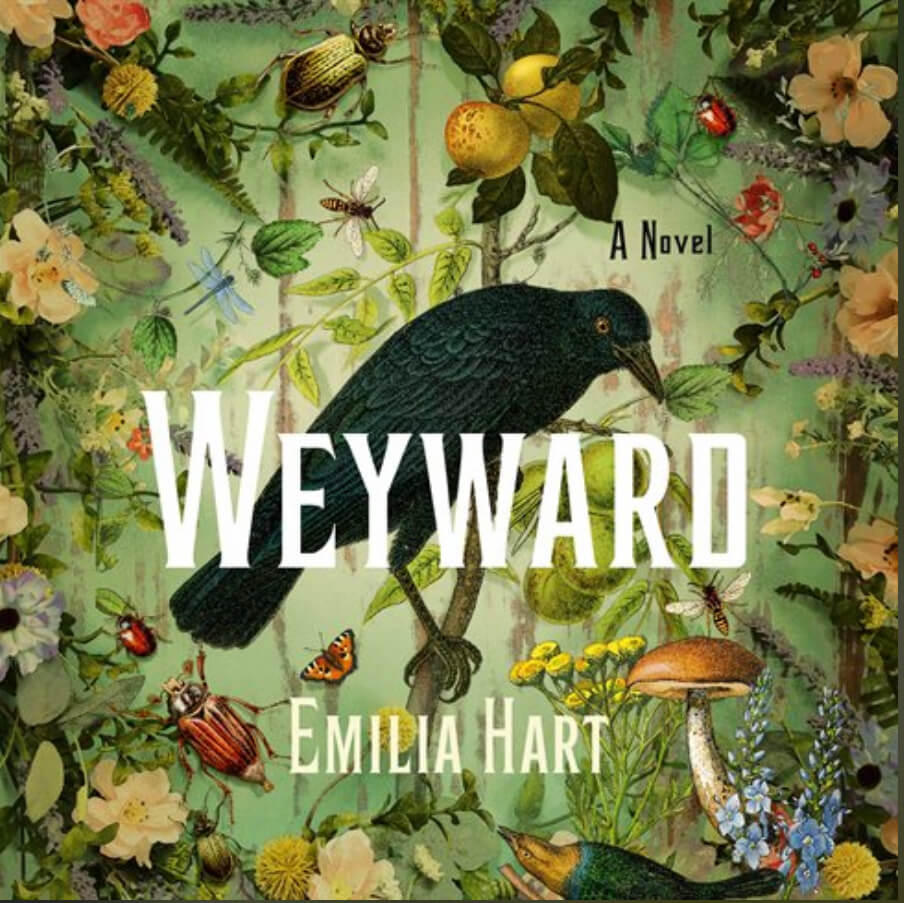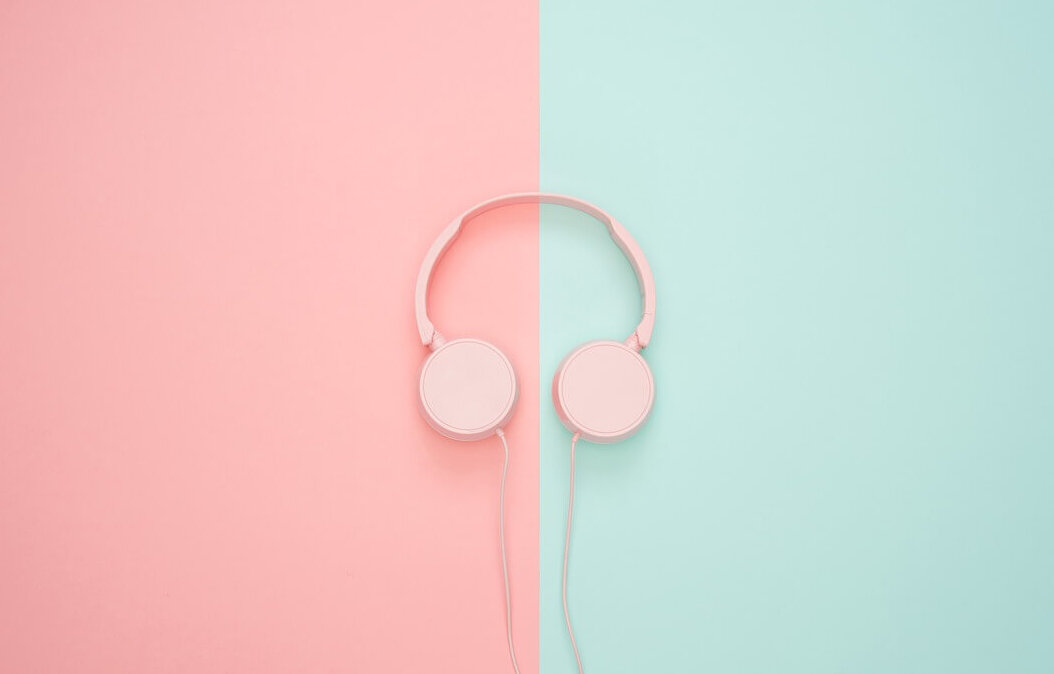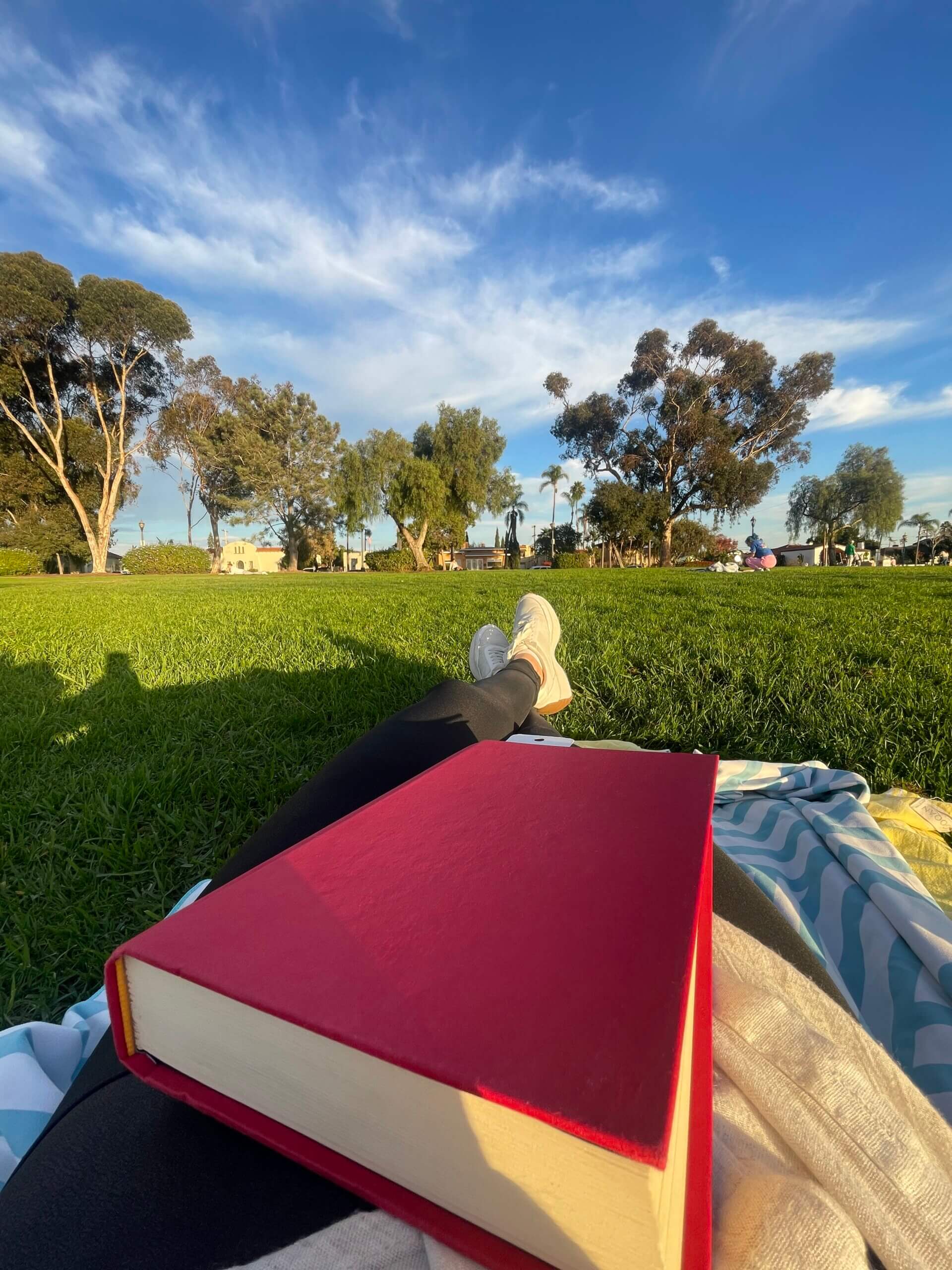
What to Read in 2025: My Favorite Books Lately
What have I been reading? So glad you asked!
The holidays are upon us and that means in just a few short weeks we will have the best of the season behind us and will be settling into the long, dark, bleak midwinter. There is no better time to cozy up with a good book! If you’re looking for some reading recs, check out the list below, for some of my favorite books I’ve read lately. Note: Most of them are not hot new books or trending on BookTok (RIP 
If you hate ‘em all, no hard feelings. Taste is subjective.
I highly recommend getting a library card and using that GOOD public service that your tax dollars fund. If you must own, then I implore you to visit a local, independent bookstore. If you’re not going to do that, and are going to evil uncle Jeff for your books, then you might as well support this site at the same time. I’ll post affiliate links for the books listed. Buying from these links means you pay the same price, but I get a small commission to help cover the costs of this site. You can still support small, even when you shop big! And it is the season of giving after all.
Without further ado, here’s the ultimate, definitive list of the Best Books I’ve read lately.
(I know, very exclusive.)
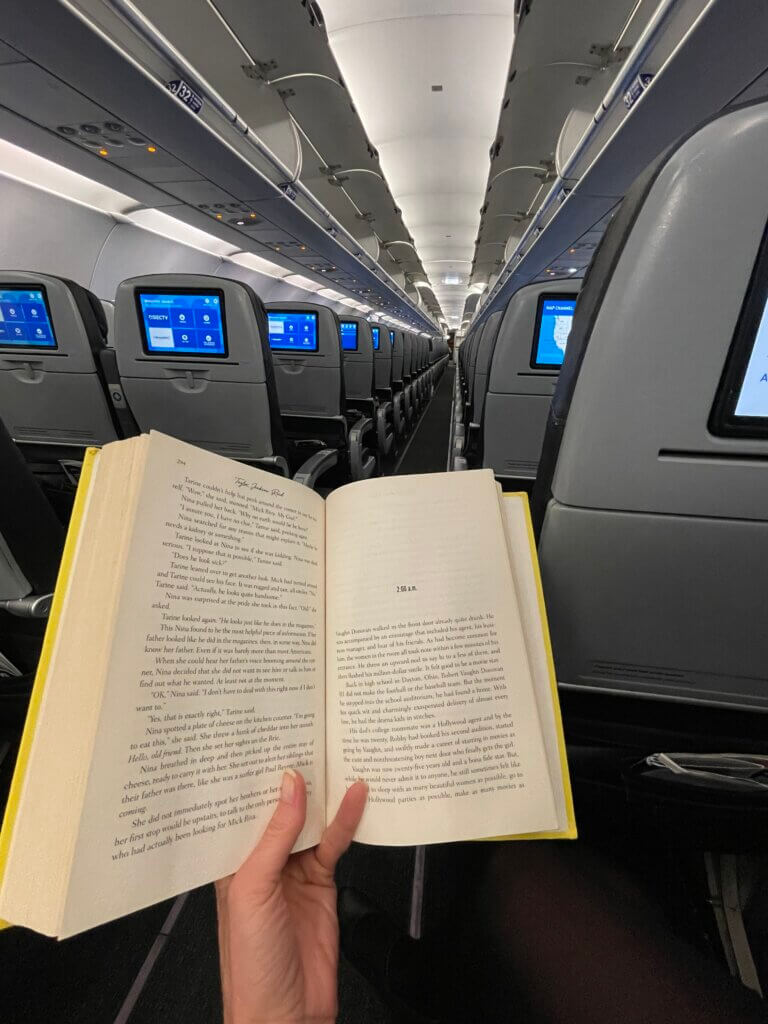
1. The Arsonists’ City, Hala Alyan
I LOVE a family drama. And I love a novel that can teach you a thing or two about history.
The Arsonists’ City takes place between Beirut, Lebanon, Damascus, Syria, and Blythe, California. It is the tale of a family; their twisting, turning tendrils and roots, the arms of each individual’s story, the secret at the center of it all. Set mostly in the Middle East, the story takes you through the Lebanese Civil War, the Syrian Revolution, and also displays the treatment of displaced Palestinians. (Yes, the Palestinians have been displaced from their homes, from their stolen land, since the 1940s, NOT since October 2023.)
The story follows the Nasr family, a Syrian mother, Lebanese father, and three American children. When Idris, the patriarch decides to sell the ancestral family home in Beirut, the rest of the family bands together to find out why, and to try to stop the sale. We are taken from the present day to the 1960’s and back again in this multigenerational saga.
I love the true historical context for this fictional novel, because it is a history we in the US are actively discouraged from learning about. The Arsonists’ city gives you an easy exploration, a scratching of the surface of some of the politics and realities of the region. It also humanizes people far away, through the characters in this family, whom we become so attached to throughout the book. And more empathy, more humanization, is something desperately needed today.
Given the current genocide in Gaza, the occupation and demolition of the West Bank, of Rafah, and now Lebanon and Syria, too (at the hands of Israel, lest we be afraid to name names), it is a good time to familiarize yourself with the region, with the violent realities of colonialism and conquest. And if reading a dense history book is not your thing, then try on this exceptionally-written family story instead.
The Arsonists’ City might be my favorite book of 2024. Big recommend.
2. The Great Alone, Kristin Hannah
The Great Alone is the story of a small family, mother, daughter, and abusive father, who leave the world behind to live off-grid in rural Alaska. Let me put a LOUD Trigger Warning here for domestic violence.
I started reading The Great Alone before I took my three-week trip to New Zealand, thinking for some reason that the natural beauty and remoteness of Alaska would be a fitting match with my experience in the green and gorgeous New Zealand. And it was. But beyond the pretty scenery, there was a lot of darkness in the book, and, surprisingly, a lot of anxiety.
Having enough experience in the world to understand that violence doesn’t just play out in frames of black and white, that it is rarely so cut and dry as to be a relationship-ender the first time it happens, that nine times out of ten, it is the people you love most who will be the ones to hurt you, and not some stranger in an alley, this book felt realistic in a stressful way. It makes you a bit sick to read along with dysfunctional family dynamics, even while you are engrossed in a story. You spend time wishing they would act differently. But as unsatisfying as it is, people are complex, and things always look trickier up close, in the thick of it, than they do from afar.
I liked this about the book. I liked the research Hannah put into the setting, to native Alaskans and transplants, to the animals and the seasons and how perilous both could be. And how beautiful.
Like I said, I love a family drama. And setting it somewhere remote and wild is an easy way to my heart.
3. Stone Blind, Natalie Haynes
Nerd Alert, it’s another Greek Myth book.
If you know me, you know I love cozying up with some Greek Mythology. Stone Blind is the story of Medusa, the snake-haired creature of folklore, known for turning men to stone with just one look. But this re-telling of an old fable doesn’t follow the same old tired script. Told from the perspective of Medusa herself, the book aims to reclaim the story, to correct the assumptions, and to highlight the misogyny inherent in so many of the best Greek Myths. Who ever said having a head full of snakes makes someone a monster, anyway? And if she is a monster, how did she get that way?
Stone Blind recounts Medusa’s life from infancy to the end, why the snakes, why the turning people to stone. It tackles the question of heroes—namely, what makes a person one? We find out that the deciding factor is often how the story is told, and who’s telling it.
Stone Blind reminded me of some other favorites; Madeline Miller’s Circe and The Song of Achilles. It was slightly less in-depth, certainly shorter, but still a very fun ride to learn about some famous characters. Also worth noting, Haynes, the author, narrates the audiobook and does a great job.
4. The Hundred Years’ War on Palestine: A History of Settler Colonialism and Resistance, 1917-2017, Rashid Khalidi
If you think Middle East politics are “complicated”, you need to read this book.
If you think Israel has legitimate claim to land in the Middle East, you should read this book.
If you think Zionism is the same as Judaism, if you think Israel is the only safe place for Jews, you should read this book.
Ic you think October 7 was the start to anything, you should read this book.
IF YOU STILL BELIEVE ISRAEL IS THE GOOD GUY, YOU SHOULD READ ONE SINGLE CHAPTER IN THIS BOOK.
If you are pretending not to see the genocide, holocaust, slaughter happening on our screens, in real time, you should first take a look in the mirror and ask why you are refusing to see something so painfully obvious, and then you should read this book.
Skim the book.
Get the CliffsNotes for this book.
Starting with the 1917 Balfour Declaration, and touching on important historical events like the formation of Israel, the Nakba, Israel’s invasion of Lebanon, Khalidi takes us on a trip down memory lane. The sources are on point, from news headlines to political documents to interpersonal letters. Do not be surprised if they don’t match the narrative you’ve been exposed to, especially if you are American or Israeli, German or British. It is unfortunate that it takes so much individual effort to unlearn propogandas we were fed as students. The facts in this book, the careful citation of sources, will open your eyes and allow you to see something we almost never see in the US—a legitimate Arab perspective.
Eye opening is an understatement. For the sake of humanity, give it a read.
5. The Women, Kristin Hannah
Despite everyone I know raving about this book, when I read the description of Hannah’s The Women, I was not excited to read it. It is for the same reason I still have not picked up The Nightingale, despite it being recommended to me over and over again. In this fraught world, with the current atrocities I’m witnessing daily, I just don’t have the bandwidth, or the desire, to read about war.
The Women is a book about the Vietnam War (while The Nightingale takes place during World War II). Still, when a friend handed me the book and said “Read this, you’ll love it”, I reluctantly gave in. I may not have if it weren’t for her mentioning that much of the book takes place in San Diego, or that she’d like it back when I finished.
Now, nearly finished, I’m glad to be reading it. I’m enjoying the story. I’ve made it past a few cheesy moments and more than a few sad ones, and now we have come to a juicy plot twist. To be fair, I still don’t know how the book ends, but I should by Christmastime. And I’m invested enough that I want to know what happens.
The Women tells the story of combat nurses in Vietnam—the women who served. They risked their lives to save others, believing they were making their families and their country proud, only to come home to find they were reviled instead of revered, that the world had turned against the war, and that the government had largely turned its back on them. As with any war novel, there is love and plenty of loss in the pages. Hannah tackles strained, complicated family ties, balances that with the deep bonds the women of Vietnam form with one another. The idea of chosen family is strong here. And while the main character’s family is frustrating, to say the least, maybe that is part of the point. The reality is we are all dealt the hands we are dealt. But we find people. We choose to let them in, to lean on them, to allow them to get us through the horrors and bear witness to the joys. And hopefully we show up for them in that same way. The romantic relationships portrayed aren’t easy either. But that’s all I’ll say about that.
It is good to read about a war far enough away that I didn’t live through it. It is good to read about a time period where Americans stood up against an unjust cause together. Where so many citizens united against the violence, the senseless death, the lying government, the war machine. It is only sad to read because here we are, funding more atrocities, sending more weapons to slaughter civilians—mostly children—halfway across the world. Apparently through all the hard lessons dotting our history, we still haven’t learned enough.
But, anyway, The Women is really good. Read it.
6. A Tale of Two Cities, Charles Dickens
I’ve read Dickens’ classic novel before, but now seems like the perfect time to revisit it. In the wake of the United Healthcare CEO shooting, and the issues it has brought to glaring center stage, America is feeling eerily French-Revolution-esque.
For those of you who have been living under a rock, the CEO of United Healthcare, the largest insurance company in America, was assassinated two weeks ago. But rather than displays of shock and horror at the violence of this act, Americans by the millions, have sided with the shooter. Many have cited their own experiences of having claims needlessly denied—often for life-saving medication and care. When a system is so unpopular that large swaths of people, from all ends of the political spectrum, believe an assassination was justified, you know your system is a failure. Something’s gotta give.
The American healthcare system has been failing Americans for decades. Now, apparently, those at the top of the food chain are feeling it, too.
When inequity and inequality become so rampant in society that systems only work for the most wealthy individuals, at the expense of nearly the entire population, you’ve got a recipe for disaster on your hands. This is precisely what prompted the French Revolution, and if you haven’t read A Tale of Two Cities yet, now is the time. It’s long, but there are some great audio versions if you start getting antsy with Dickens’ prose.
I first read the book nearly a decade ago, and honestly, I’m foggy about the details at this point. What I do remember is a large cast of characters, the concept of the French revolution coming to life, clicking in a way that my history classes did not prompt, and thinking “Fuck yeah, this book is awesome.”
I’m excited to get back into it, meet all the characters once more, and see if it is still a ‘Fuck Yeah’.
Do it with me?
Don’t pay for this classic. But if you do…
7. Weyward, Emilia Hart
Weyward was one of my first forays into fantasy, though someone more into fantasy would probably call it fantasy-lite.
It tells the stories of three women— Violet, an odd child by her family’s standard, who has a special kind of relationship with animals, Kate, Violet’s great niece, fleeing an abusive relationship and unraveling family secrets along the way, and Altha, on trial for murder and, more strongly, by the court of public opinion.
The book slips back and forth through time, from 1619 to 1942 to 2019, weaving the threads of these stories together. Expect themes of familial love, the innate power of women, and how dangerous that can seem to the wider world. Hart asks us to examine what “normal” is, what happens when we find ourselves at odds with that, and the sparkling possibilities if we’d only stop caring and start embracing ourselves.
Weyward is one of the books I’ll classify as a “silly little novel” but it was worth every minute.
And there you have it, folks. A peak into the best books I’ve read lately. I’ve spared you from the novels I found “meh” because life is too short for that. If you have favorites you think I should read in 2025, then PLEASE leave them in the comments below. You can also DM me on Instagram, where I will happily accept book recs. If you read some of these and liked or hated them, leave that in the comments, too. Let’s bond over shared taste. Let’s fight about it. Who cares?
The world is hard. The world is in a very dark place. I have used reading this year as a tool to dissociate. I am reading predominantly fiction, and many “silly little novels”. I’m also taking on the responsibility of learning about the issues of today, and yesterday. (Funny how they’re all kind of the same.)
Dissociating can be a necessary part of advocacy, activism, and witnessing atrocities. Take care of yourself, and feed your humanity with easy, gentle reads and immersive fiction. But please do not let the pain, the difficulty, or the dissociation be the only way you carry on. Look away from the destruction for a break, to remember the good. Then please look back at reality. Continue to keep looking back. It is important that all of us bear witness to what is happening. That we tell our friends and family who have been dissociating to ignorant bliss. That we care both for our own mental health, AND for justice, for the people suffering, for humanity.
Being a human is Yes/And. Not either/or. Please be gentle, please be ferocious.
Have a happy holiday and hold your loved ones close. Then support the people in Palestine, Congo, Syria, Lebanon, Sudan, or your local homeless community. Do it with gifts—again, it is the season of giving—or do it with advocacy. Sign petitions. Tell your friends. Volunteer. Protest.
Later, when the wreaths come down, and the eggnog has run dry, and the family gatherings are over, and we are still left with this sad, and terrible (and beautiful) world, then do some more of that. And then pick up one of these delightful books, and settle in for some self-soothing, some dissociation, some education, or to cheer on those French revolutionaries.
I hope it helps. <3

